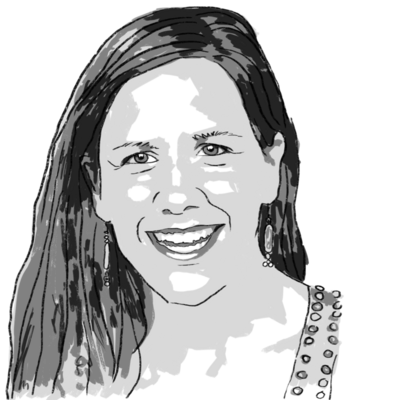President Joe Biden’s mandates have supercharged America’s debate about vaccines and personal liberty. But a look at history can offer context and a calmer lens to consider what lies ahead.
Monitor Daily Podcast
- Follow us:
- Apple Podcasts
- Spotify
- RSS Feed
- Download
 Sara Miller Llana
Sara Miller Llana
I traveled for work to Gander, the Newfoundland town that welcomed stranded passengers during 9/11, and brought my child. That’s reality as a foreign correspondent, and I’m happy to report that from Dutch politicians to Canadian authors to Slovak mayors, sources have been universally awesome about it (even pre-pandemic, when we pretended our work lives were somehow divorced from our family lives).
I always bring an iPad and headphones. That’s our deal – watch as much as you want, so long as you don’t interrupt (and, please, never for Goldfish).
In Newfoundland, I took her to an interview with Oz Fudge, the retired police constable on duty in Gander that day 20 years ago. I had the supplies, and we met next to a playground. “Go have fun,” I nudged.
But then Mr. Fudge started talking. And wow, can Newfoundlanders weave a narrative.
He talked about his daughter who dressed up as Commander Gander (the town’s goose mascot) to entertain stranded children; he talked about kids who were off from school for the week, but instead of scurrying off they helped their parents care for others (thank you, Mr. Fudge!); he talked about the role he saw for himself in the community helping to shape the next generation (when teens would get their driver’s licenses, he’d pull them over to scare them just enough to stay within the limits next time – issuing tickets that read “STFD,” or “Slow The Fudge Down”).
She was enraptured – nary a snack request to be had. It became a window for me onto what has made the story of Gander on 9/11 so magical – even musical-worthy.
Newfoundland has whales, puffins, and Vikings. But it’s Oz Fudge who captured her imagination. She hasn’t stopped talking about him since.









